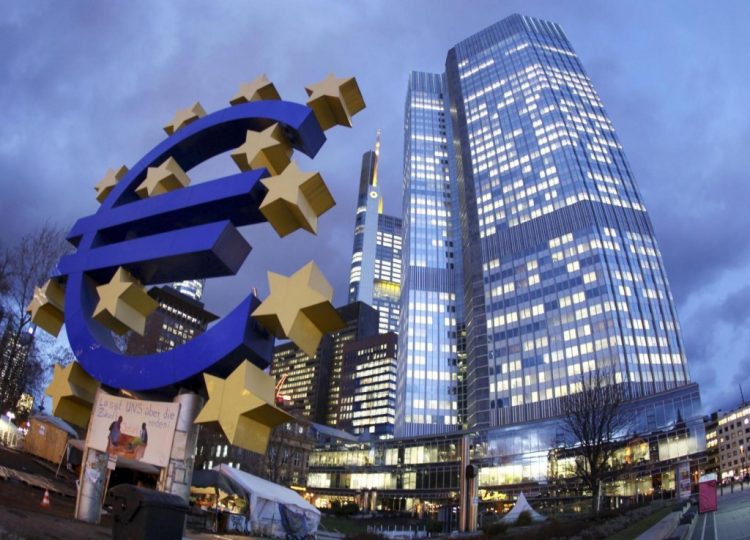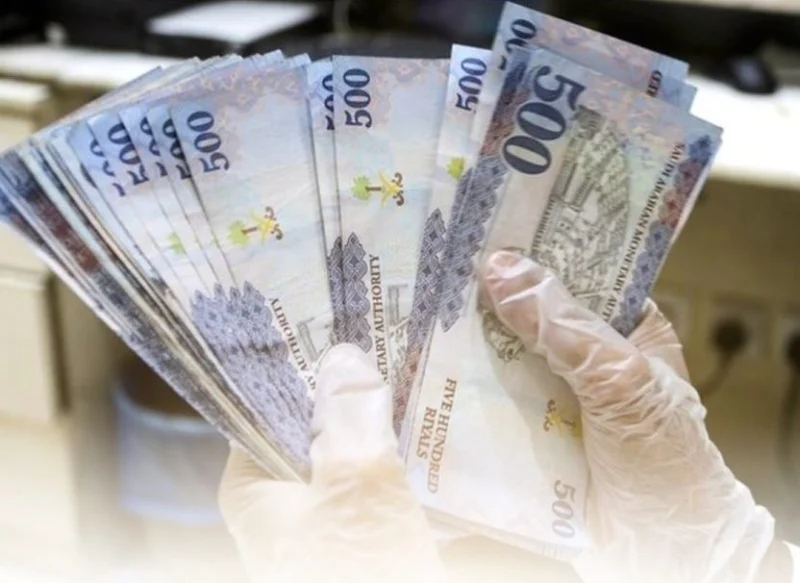Publisher: Maaal International Media Company
License: 465734
ECB member: The Central Bank nears winning inflation battle
Philip Lane, chief economist at the European Central Bank, said that inflationary pressures in the euro area have begun to recede, including pressures on fundamental prices of great importance, but the bank will not stop raising interest rates until it is sure that prices will return to growth within the 2% range.
According to “Reuters”, the European Central Bank has raised interest by three percentage points since July and promised to increase another half a point in March, hoping that the high cost of financing will lead to a decline in demand enough to slow price growth from levels still above eight percent.
Lin stated that the impact of raising interest rates began to appear on the economy, especially in the prices of services and other basic commodities, which do not include volatile fuel and food prices.
اقرأ المزيد
“There is tangible evidence that monetary policy has begun to bear fruit,” Lin said in an interview. “With regard to energy, food and commodity prices, there are many future indicators that say that inflationary pressures on all of these items are expected to recede slightly.”
Other bank officials, such as Isabelle Schnabel, a member of the Board of Directors, and Claes Nott, President of the Dutch Central Bank, expressed concern about the possibility of the stability of core inflation, which could lead to a prolongation of inflation.
Lane set three criteria for the European Central Bank to stop raising interest, namely low inflation expectations for a period of three years, to make progress in reducing latent inflation, and to see an impact on monetary policy.
“We all agree on the criterion that sufficient progress in (reducing) underlying inflation is important,” Lin said.
He added that once interest rates stabilize, the bank intends to keep them at that level for some time and will not revise its plans once core inflation begins to decline significantly.
In response to a question about how long interest rates can remain at a level that restricts economic growth, Lin said, “It may be for a somewhat long period, for several quarters.”
Markets expect the bank to raise the deposit rate, which currently stands at 2.5 percent, to around 4 percent by the end of the year, with expected interest rates peaking around 35 basis points this month alone, mostly due to concerns about flat core inflation.









